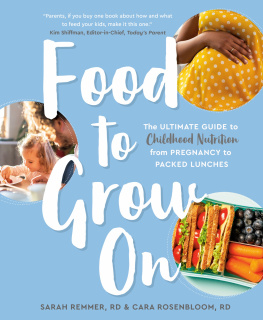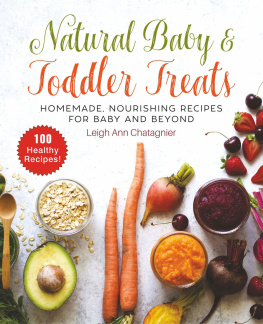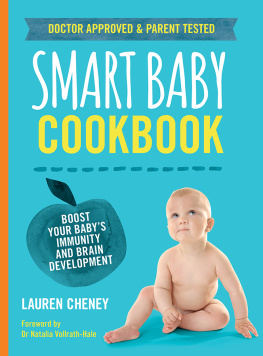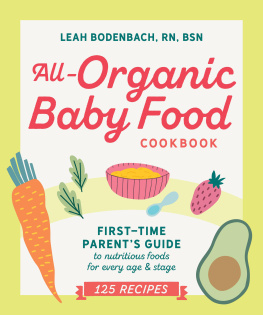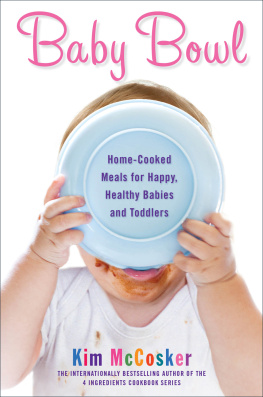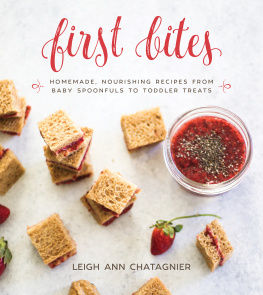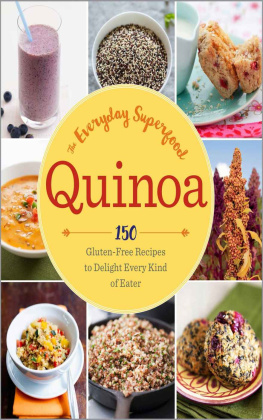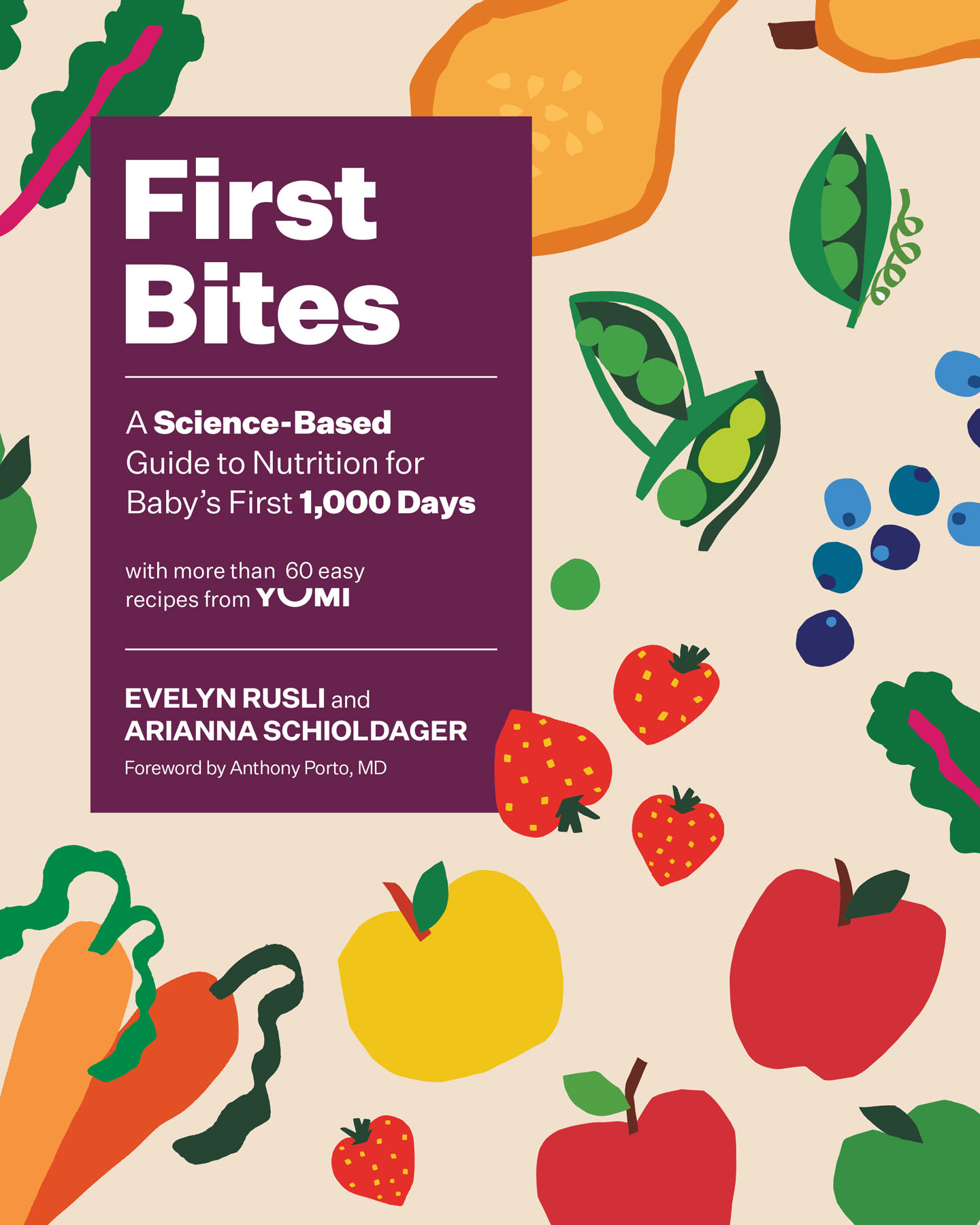Contents
Guide
Page List
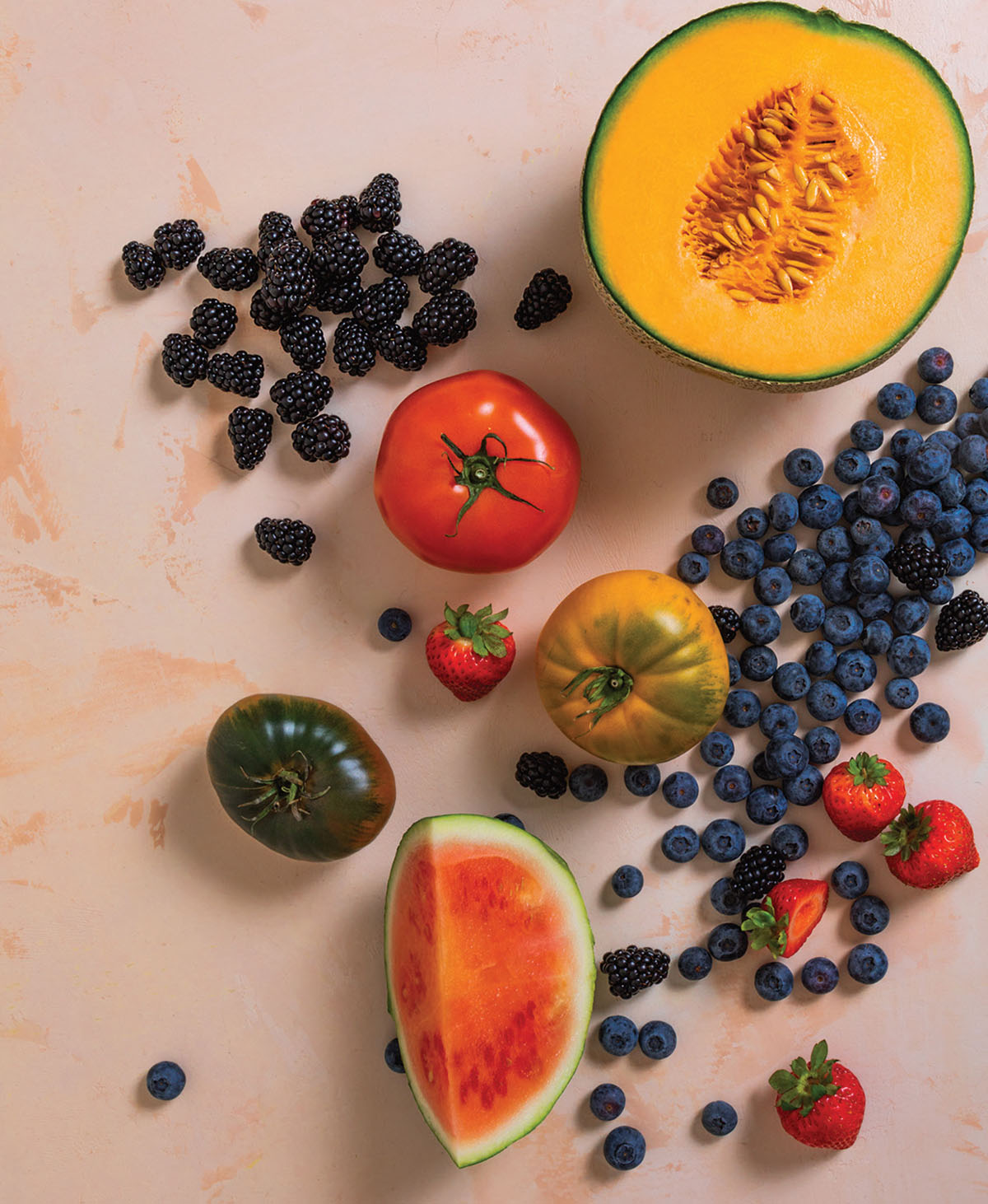
First Bites
A Science-Based Guide to Nutrition for Babys First 1,000 Days
with more than 60 easy recipes from 
EVELYN RUSLI and ARIANNA SCHIOLDAGER
Foreword by Anthony Porto, MD

For all the babies, today and tomorrow
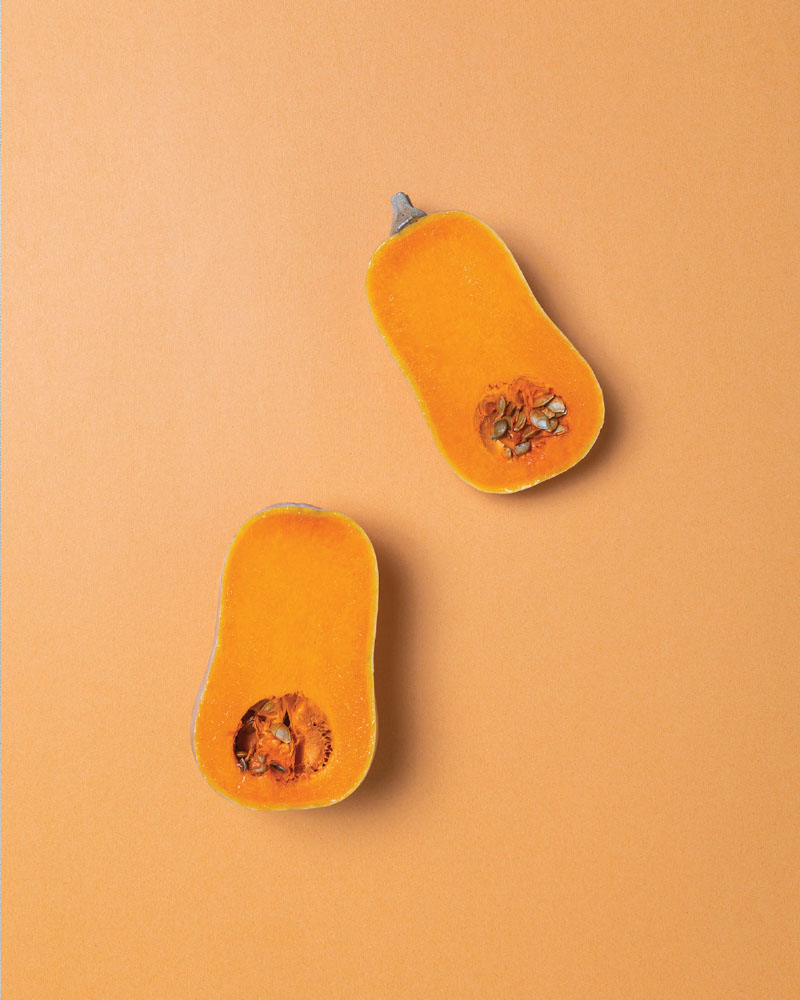
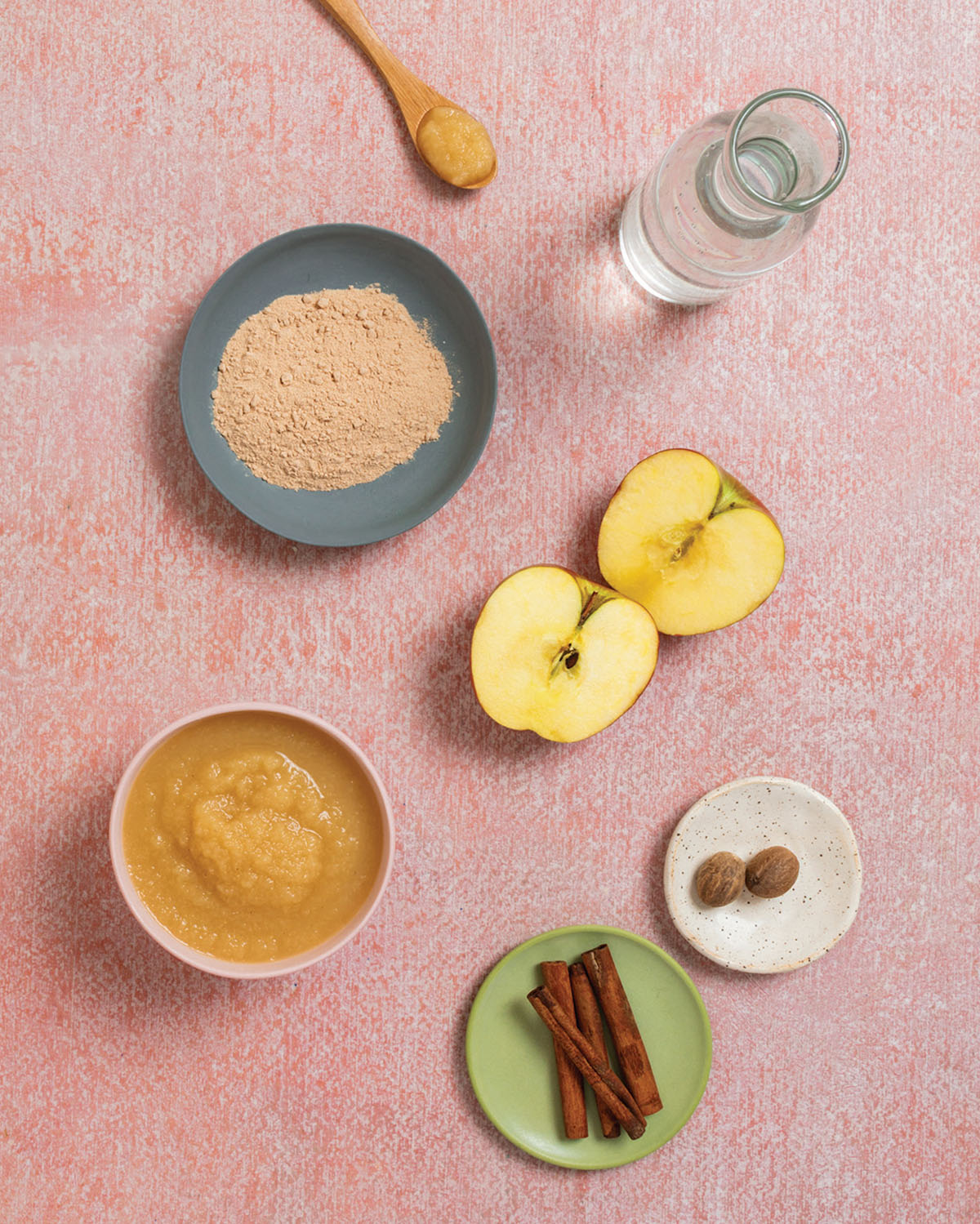
Contents
If you are going to follow links, please bookmark your page before linking.
by Anthony Porto, MD, MPH
by Angela Sutherland
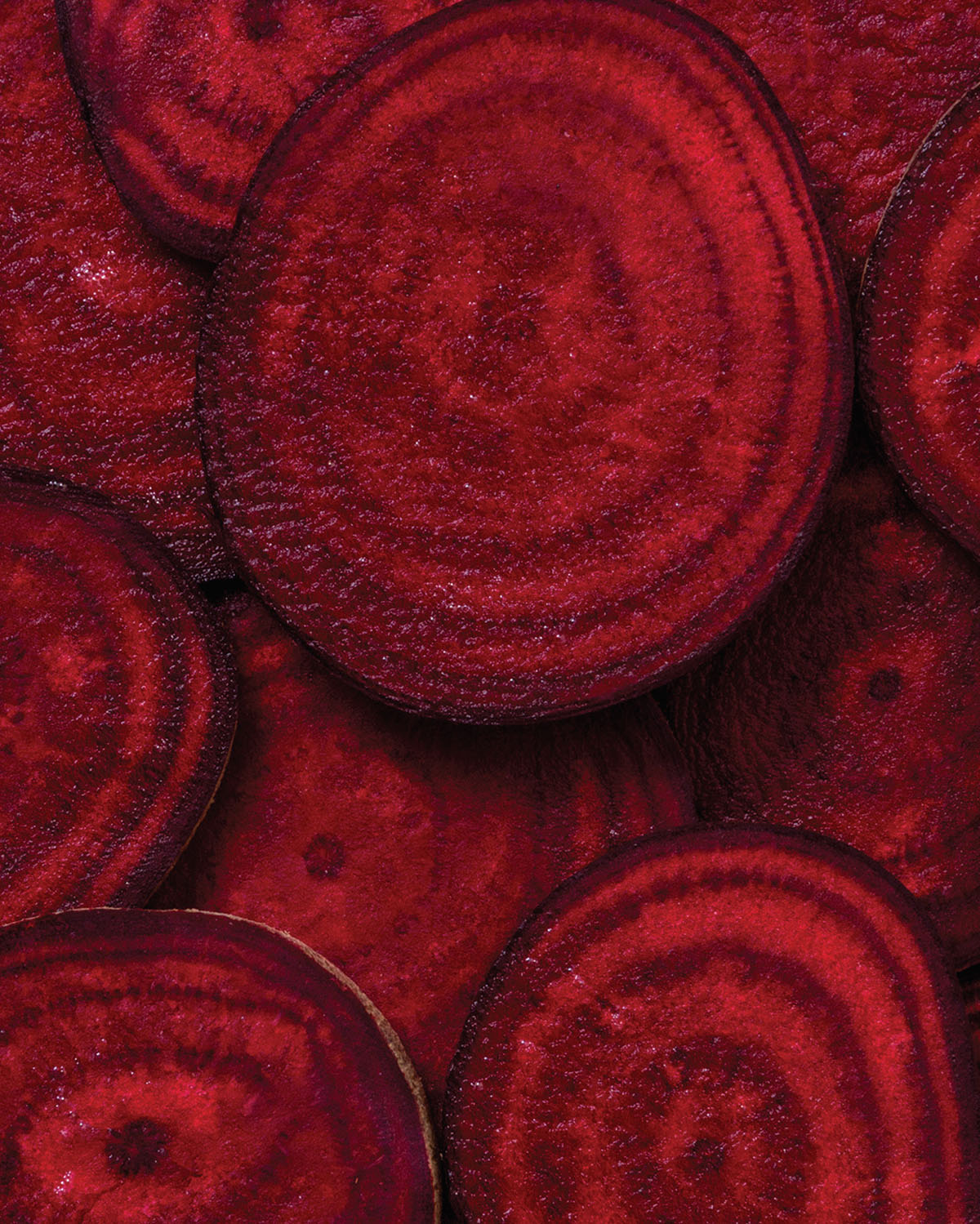
As parents, we want to do everything we can to ensure our children have the best start. The American Academy of Pediatrics has reinforced the importance of the first 1,000 days of life, beginning at conception through early toddlerhood, as the time when good nutrition is key for optimal growth and development.
As most parents do, I reflected on my own childhood when I became a new parent. I was a picky eater as a kid. I loved carbs, avoided most proteins, and of course loved sweets. My parents bribed me to eat protein or tried to hide it in my food. I knew it was there, though, and avoided their trickery. Not until my late teens did I change my diet and eat healthy. Many factors contributed to this prolonged picky-eating phase, but I wanted to do everything possible during my childs infancy to give him the building blocks for success.
Luckyor not so luckyfor my kids, nutrition became my focus professionally, beginning in medical school. I earned my masters in public health with a concentration in obesity. After my training, I worked at a community hospital in New York and led its Childhood Obesity and Family Wellness Program. Then I switched focus to infant nutrition, realizing that primary prevention was the best way to address the obesity epidemic and to increase the number of healthy eaters. When I became a parent, I learned firsthand why parents have so many questions and realized that applying what I learned during medical school couldnt prepare me fully for the realities of parenthood.
Infant feeding has changed tremendously over the past few decades. How we introduce food looks vastly different from when I began my training, especially how and when to introduce high-allergy foods. Parents in my medical practice often ask questions about how to feed their infants: how to breastfeed, which formula is best, whether to use milk alternatives, when to start solids. The list goes on. Parents often Google these questions and more in the middle of the night. Health care professionals often give conflicting answers. Formula choices and the best way to feed my children overwhelmed me, too. I spent a lot of time researching the best bottle, the best first foods, and the milestones of infancy. Combining my medical education with the field knowledge I had gained, I cowrote The Pediatricians Guide to Feeding Babies and Toddlers to provide parents with one trusted source to answer these questions.
Lets face it: Parenthood is amazingand my 2 children have changed my life forever and given it new meaningbut we all are exhausted. I found myself making decisions while physically and mentally drained, especially in those first few years. When my daughter was born, she was colicky and vomited a lot. I often went to the local pharmacy at night, looking for remedies that I knew had minimal benefit, just to relieve her pain. In my state of exhaustion, I wanted to do anything to make her feel better.
Parenthood doesnt mean perfection. As a pediatric gastroenterologist, I strive to educate and provide plans for my patients so they feel empowered to execute them at home. What I didnt realize until I became a parent is that I should have acknowledged an unexpected reality: Its totally OK if some days arent perfect as planned. It took becoming a parent for me to understand the reality versus the ideal.
My philosophy is that theres no one right way but rather a few guidelines to follow when feeding infants. Most important, within those guidelines, just have fun with it. I never want to be so prescriptive that I add to the stress of caring for a young child. When thinking about nutrition and introducing solids, remember these five points:
Begin solids when your child is developmentally ready, typically around 4 to 6 months of life.
Begin to offer high-allergy food consistently along with other foods after your child tolerates a few first foods.
Offer a variety of foods that will help keep bowel movements regular by including P fruits such as prunes, pears, plums, and/or papaya into the diet.
Avoid honey and foods with added salt until your childs first birthday.
Avoid hard, cylindrical foods that can block a childs airway, such as nuts and whole grapes, and other choking hazards.
As I was becoming more involved in the world of infant nutrition, Yumi reached out to me to join their medical advisory board. I keenly remember the conversation with Evelyn. As she described the reasons behind starting Yumi, so much of what she said resonated with me. The company stands on a commitment to evidence-based science and a belief in the importance of providing certain nutrients during the first 1,000 days. Based on this knowledge and commitment, Yumi provides a well-thought-out plan to make it easier for you to offer solid foods that will start your infant on a successful feeding journey by introducing healthy foods with a variety of flavors and textures. This book gives you an inside view of the Yumi philosophy and the science behind the focus on the first 1,000 days. This information will help you understand the why in why you should be providing certain foods to your child during this key period.
More important, the book also gives you a step-by-step guide to how to do it. The recipes here are natural extensions of the Yumi brand, which seeks to ensure that infants and toddlers have key nutrients in their diet. For example, some of the dishes focus on iron and zinc, which become essential nutrients at 6 months for infants who are breastfed exclusively. The authors also understand picky eating. We all wish that our children would love what we put in front of them, but sometimes it takes time and patience. Its important to introduce foods early, but it can take 10 to 15 exposures before children accept new flavors or foods.
The authors know that each day we, as parents, are doing the best we can. Some days wont go as plannedremember, exhausted!so this book arms you with the tools to give your child key nutrients that are designed to lead to a healthy lifestyle for your child later on. It provides information on maternal and infant nutrition and essential information on introducing solids whether youre starting with pures or baby-led weaning.


